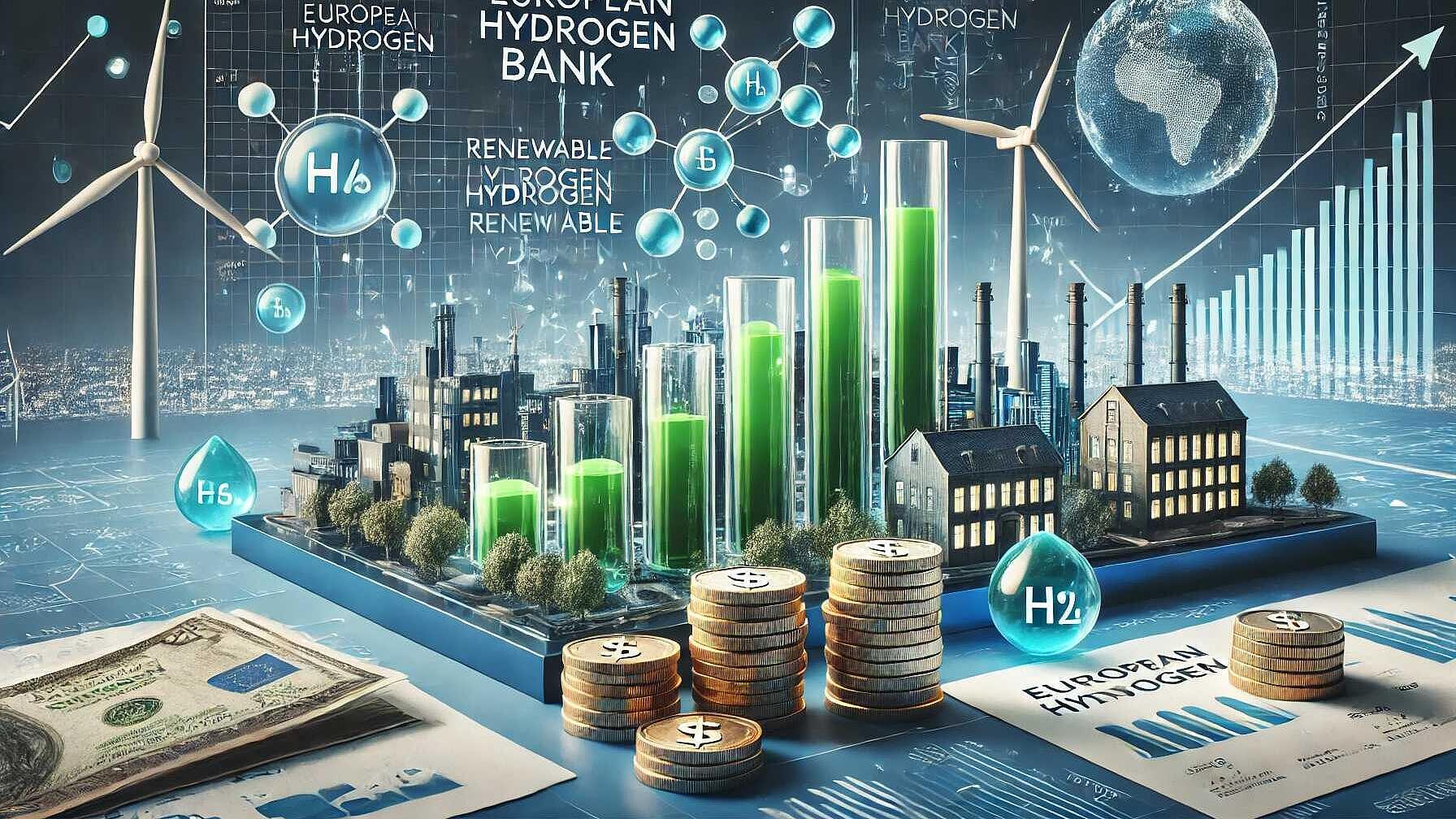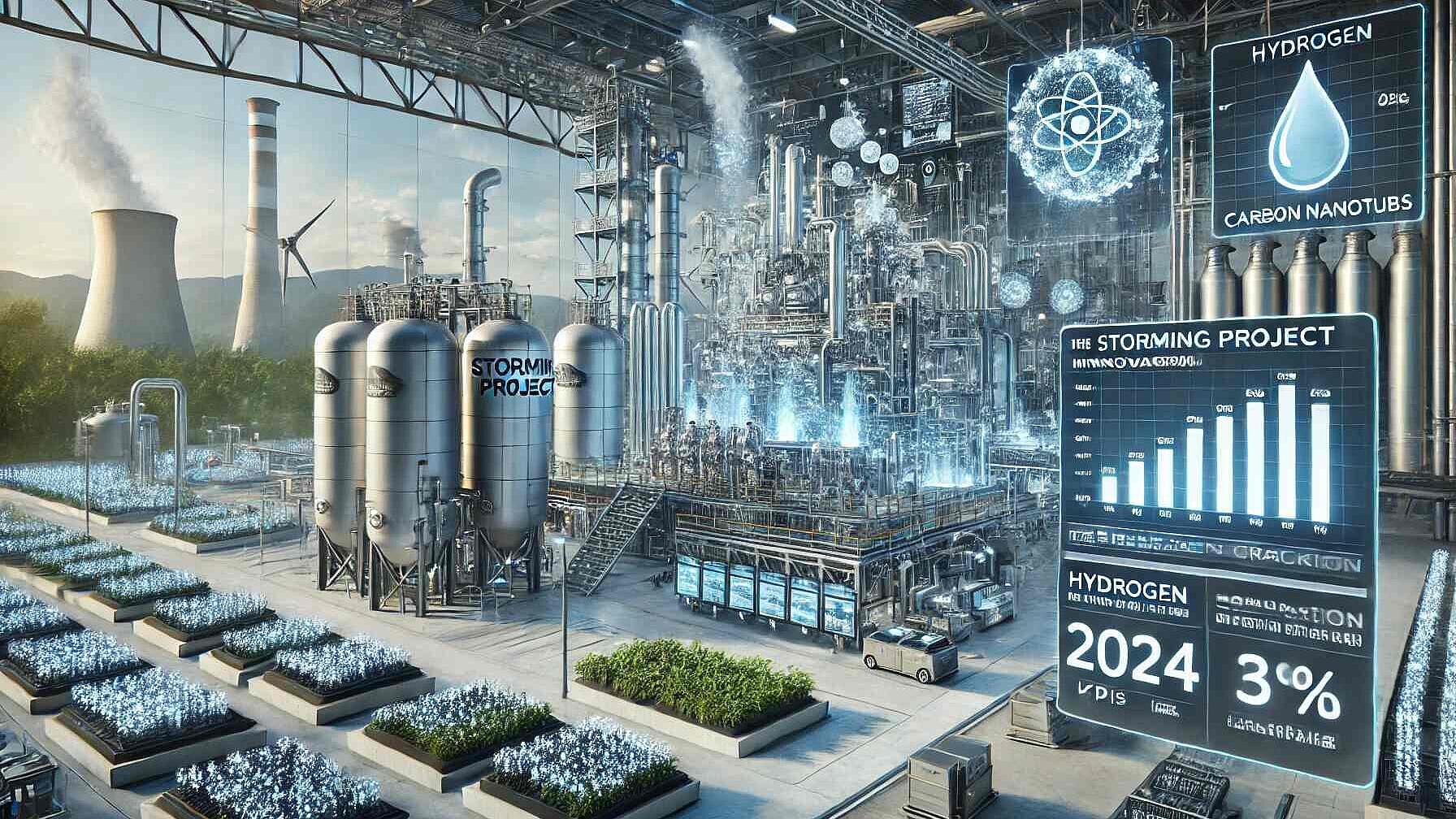 Energy Infrastructure
Energy InfrastructureSome like it hot – Is Hydrogen the answer to those needing it a little warmer?
Summary
Hydrogen is a fuel that burns up to 2800 degrees Celsius (about 700C simply burned in air)
It can also be compressed and stored so has potential for transport particularly in freight. We need to be much more clear and honest about how we talk about Hydrogen if we are going to overcome the not insubstantial challenges ahead of us. To decarbonise the current global production of Hydrogen used in industrial processes would need the entire renewable electricity generation of the EU! - about 3500THr of electricity annually. Hydrogen presents both an opportunity and a risk. Hydrogen distribution development projects and
Without a clear path to delivering Green and Blue Hydrogen they risk exacerbating an existing problem. We may be better off focusing our Hydrogen efforts on processes where Hydrogen potential can be realised - rather than on areas where other technologies are already proven (i.e. (i. (i)
(and mixing the gas with the existing Hydrogen).
Open full article
Some like it hot – Is Hydrogen the answer to those needing it a little warmer?
In my recent predictions for energy over the next ten years there was one prediction I felt I could have explained a bit more. I predicted that Hydrogen would develop in pockets but I didn’t go into too much detail as to why.
An often over looked group in our drive towards zero carbon heat, are industrial processes that need higher temperatures. Examples are steel making (1000C+), glass (melting temperature 1400C+) and even recycling plastics. Heat pumps and Heat Networks only get you to sub 100 degree temperatures… and certainly won’t cut it for super high temperature industrial processes.
Substitution of products is an option – using less steel or more sustainable building materials for example. However, with increasing urbanisation the reality of the global economy is that there will remain a high amount of materials for building the cities of the future (Steel, Concrete, Glass etc).
This is where there is real potential for Hydrogen as a fuel. Hydrogen burns up to a cosy 2800 degrees Celsius (about 700C simply burned in air) giving plenty of opportunities for supporting those needing something a little hotter. It can also be compressed and stored so has potential for transport particularly in freight.
That said we need to be careful with how we talk about Hydrogen as a ‘green’ fuel.
‘Hydrogen is only a carrier of energy – it is not in itself Green!’
I’ve seen many an article proudly declaring that this latest Hydrogen powered boat/car/lorry is green. I’ve also see plenty of article talking about Green/Blue/Black Hydrogen as if people understand what the author is talking about as well. We need to be much more clear and honest about how we talk about Hydrogen if we are going to overcome the not insubstantial challenges ahead of us.
I’ll try and describe these below:
- Black Hydrogen: This is Hydrogen made from natural gas usually in a process called steam reformation. (For the chemists out there take CH4 throw some steam at it and you get Carbon and Hydrogen). This is super carbon intensive. I read recently that to decarbonise the current global production of Hydrogen used in industrial processes would need the entire renewable electricity generation of the EU! – about 3500THr of electricity annually).
- Blue Hydrogen: Pretty much Black Hydrogen but you find a way to store the carbon dioxide deep underground through CCS (Carbon Capture and Storage).
- Brown Hydrogen: Hydrogen made through electrolysis using grid electricity to split water into Hydrogen and Oxygen.
- Green Hydrogen: Hydrogen made through electrolysis using zero carbon electricity (from Nuclear / Wind / Solar) to split water into Hydrogen and Oxygen.
Hydrogen presents both an opportunity and a risk. Hydrogen distribution development projects and mixing the gas with the existing gas network present an opportunity explore the potential of a Hydrogen economy – but without a clear path to delivering Green and Blue Hydrogen they risk exacerbating an existing problem.
As BCG recently shared we may be better off focusing our Hydrogen efforts on processes where Hydrogen’s potential can be realised – rather than on areas where other technologies are already proven (i.e. domestic heating where Heat Pumps and Heat networks already show us an achievable pathway).



